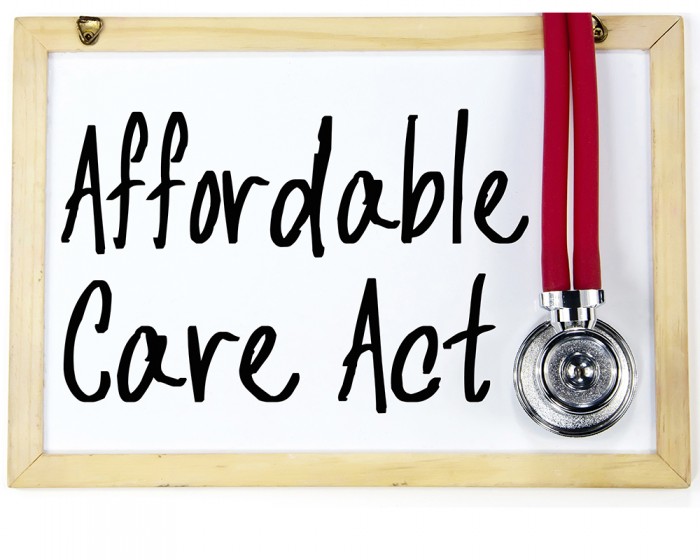|
affordable care act
PA Takes First Step to Take Over Insurance Exchange
By MARC LEVY
Associated Press
HARRISBURG, Pa. (AP, June 5) — Pennsylvania took a first step Wednesday toward taking over its online health insurance exchange from the federal government in a bid to cut premiums for people who buy policies in the marketplace created by the Affordable Care Act.
Legislation sponsored by the Republican and Democratic floor leaders in Pennsylvania’s House of Representatives won unanimous approval from the chamber’s Insurance Committee.
Democratic Gov. Tom Wolf is pressing for the bill to pass the Republican-controlled Legislature this month in the hope that its savings measures can be in full effect in 2021.
The administration says it can operate the exchange for less money than the federal government does and use the savings to qualify for extra federal funding for a reinsurance program that helps cover certain high-cost claims.
“The products should not change, but the prices will go down, so I think that’s why it’s a win for us here in the commonwealth,” said House Majority Leader Bryan Cutler, R-Lancaster.
In addition to its high-level support in the House, the legislation is backed by the Pennsylvania Chamber of Business and Industry, the Hospital and Healthsystem Association of Pennsylvania and the Pennsylvania Association of Community Health Centers.
Wolf’s administration says the bill would make two important changes to reduce premiums for the 400,000 people who purchase health insurance through the Healthcare.gov online marketplace.
Currently, the federal government takes 3.5% of the premium paid on plans sold through the exchange, or an estimated $94 million this year.
The state can operate the exchange for $30 million to $35 million, Wolf’s administration says.
It could then use the savings to qualify for extra federal reinsurance funds and use the money to reimburse insurers for certain high-cost claims. Those reimbursements would allow insurers to lower premiums across the board within the state’s insurance marketplace, health insurance policy analysts say.
The state’s share would be about 20% or one-quarter of the reinsurance program cost, according to Wolf administration estimates.
“Both the Trump administration and the Wolf administration are interested in it, have been supportive through the process and I was hoping we could lead by example,” Cutler said.
The Wolf administration said its analysis shows that consumers would see premiums that are 5% to 10% lower than what they would otherwise pay.
Twelve states built and operate their own exchanges, while the Washington, D.C.-based nonpartisan Kaiser Family Foundation says seven other states have started a reinsurance program. Evidence from them shows that insurance premiums paid by consumers can drop, analysts say.
States at first struggled with running their own exchanges when they began in 2014 under former President Barack Obama’s signature health care law.
But Sabrina Corlette, a research professor at the Center on Health Insurance Reforms at Georgetown University, said that operating them has become cheaper and simpler as information technology systems have improved and become standardized.
Running its own exchange also gives the state more control over it, Corlette said. As an example, she noted that the Trump administration has suggested that it might end automatic re-enrollment in the exchange’s insurance policies, thus making it more cumbersome for someone to maintain their policy from year-to-year.
But a state that operates its own exchange could simply keep automatic re-enrollment, which is standard in employer-based insurance systems, Corlette said.
Questions, please contact Jack Phillips.
PA Provider Letter to Senators Toomey & Casey to Reject the BCRA
PA Provider Association Letter Regarding ACA
RCPA has signed on to a multi-association letter being sent to the PA congressional delegation in Washington, DC urging legislators to carefully evaluate any effort to repeal and replace the Affordable Care Act (ACA), given the critical need to maintain funding for the current Pennsylvania Medicaid program and to protect the vulnerable citizens who rely on Medicaid for critical and necessary care.














